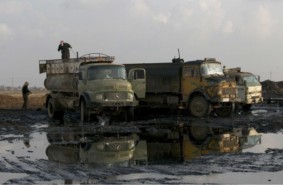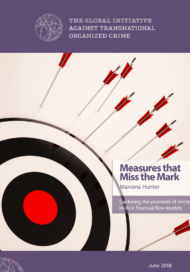Posted on 18 Jun 2013
Over recent decades there has been a growing scientific consensus that average global temperatures are rising as a result of increased concentrations of greenhouse gases in the atmosphere caused by human activities, particularly industrialization. In response to this scientific evidence, the global community agreed in 1992 to an international treaty, the United Nations Framework Convention on Climate Change (UNFCCC). The treaty requires countries to cooperatively consider what they could do to limit average global temperature increases and the resulting climate change and to cope with whatever impacts were, by then, inevitable. As at June 2013, the treaty has been ratified by 195 parties.
INTERPOL, through its Environmental Crime Programme and the Economic and Financial Crimes sub-Directorate, recognize that emerging carbon markets, like any market, are at risk of exploitation through criminal means and therefore require proper monitoring and enforcement to ensure environmental and financial integrity.
This guide is not intended to take a position on the value of carbon trading in either a general or specific form but is intended to assess the current vulnerabilities of the existing and emerging carbon markets and provide fundamental information necessary to establish adequate policing of these mechanisms.



